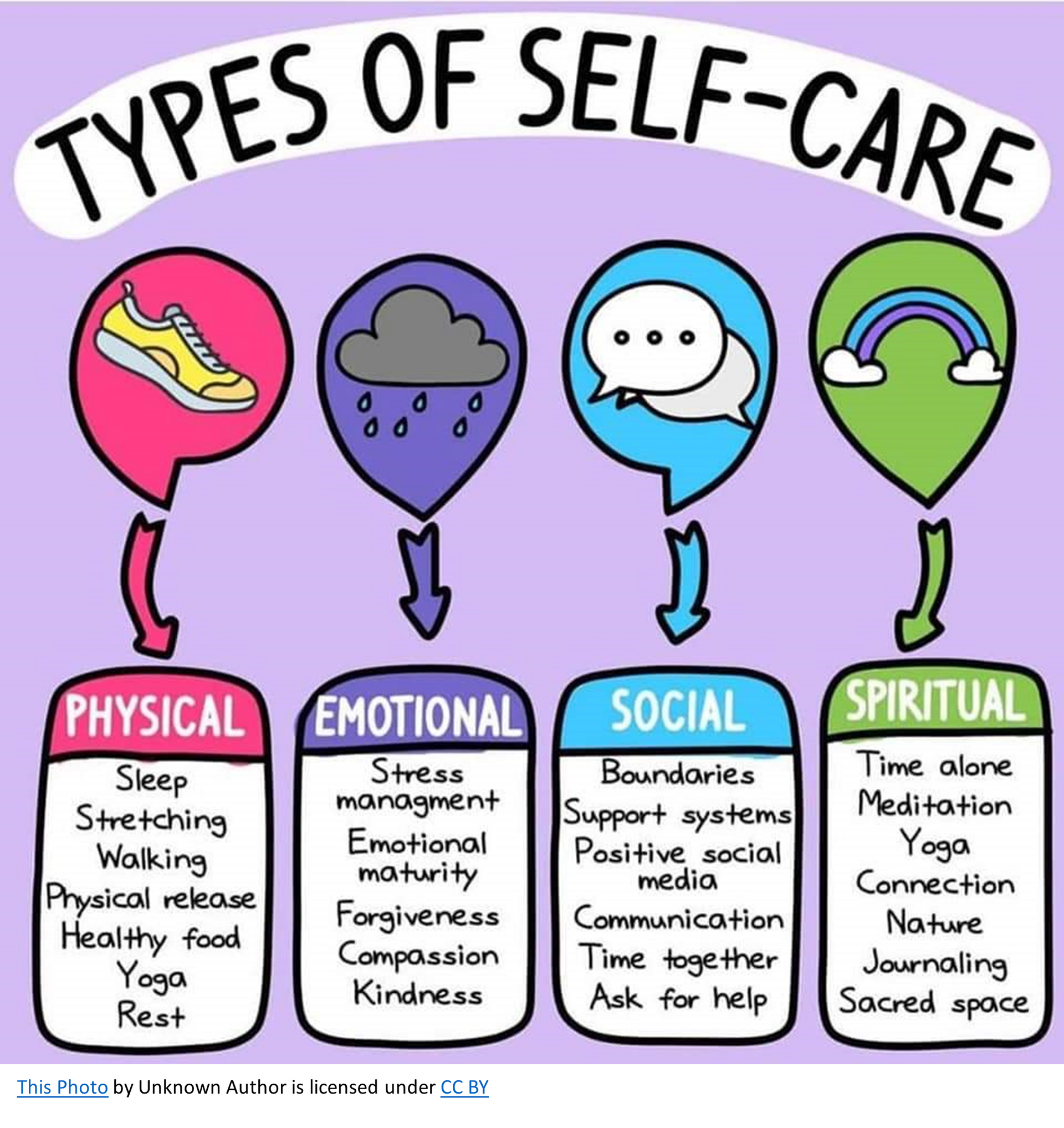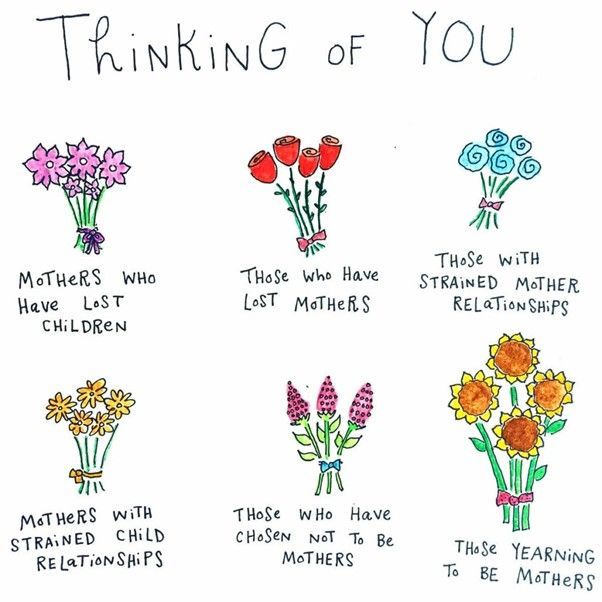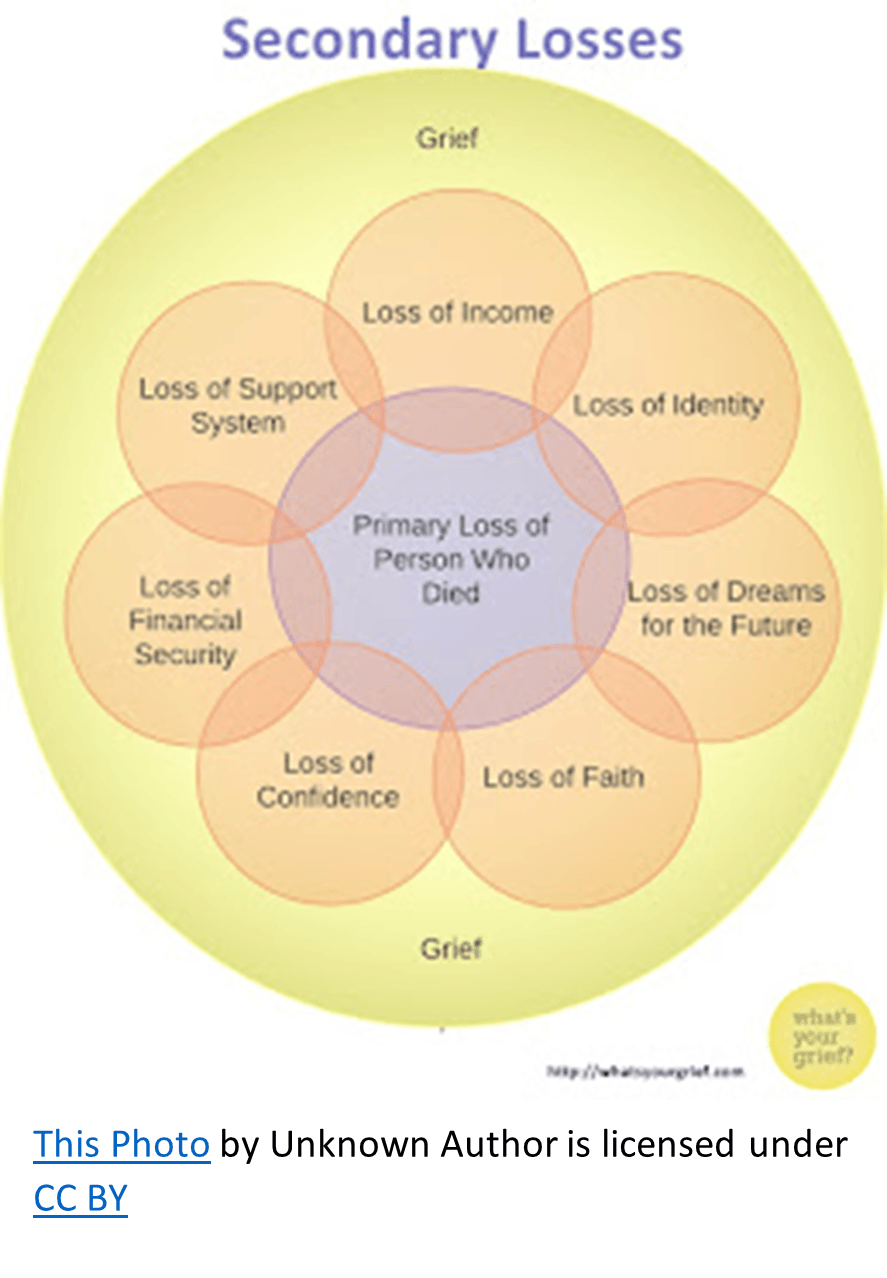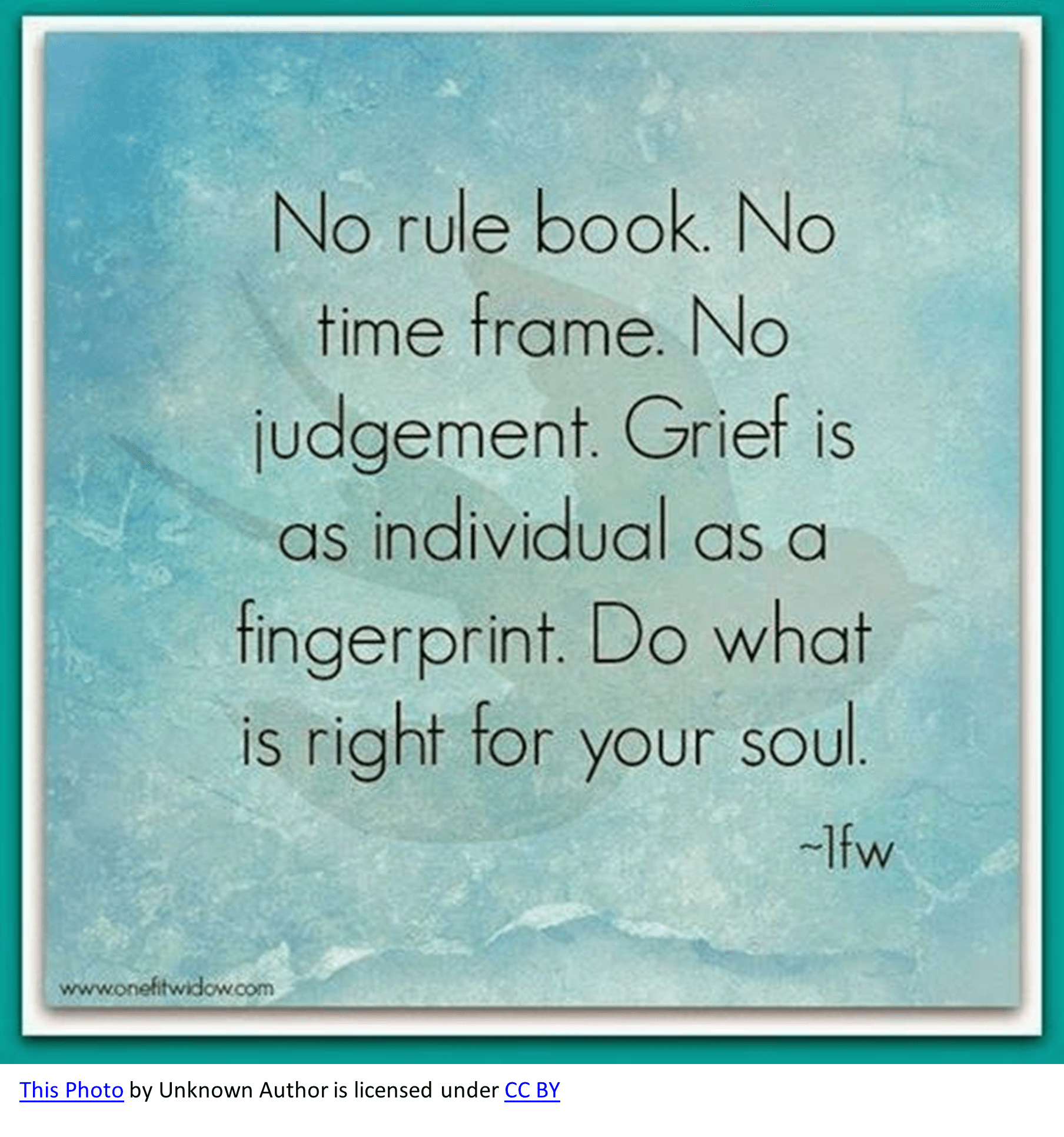News & Information

Why is that just when our head hits the pillow the mind kicks in and says “great, now I have your attention, let’s go over a few things”. This might involve thinking about what needs to be done the following day, or thinking over the circumstances surrounding your loss – whatever the thoughts that come, it can then impact our ability to sleep. Grief rumination can be defined as: “repetitive and recurrent thinking about causes and consequences of the loss and loss-related emotions.” ( Eisma & Stroebe, 2017 ). So what can we do to help these night time wanderings dissipate? A few ideas may be: · Look at how you are coping with your grief during the day. Are you engaging in self-care activities that help to boost your emotions and feelings in a positive way. If thoughts, feelings of guilt, anxiety and fear are making your day to day functioning difficult it might be good to seek counselling. · Be mindful of winding down before bed, turning off devices 30 minutes to an hour before bed. Maybe listen to some music, meditate, read a book, or take a warm bath. · Acknowledge the thoughts that come in, thank them for reminding you but firmly tell them you are not engaging with them. It may be helpful to then distract yourself with some deep breathing or grounding exercises – name 5 things around you, 4 things you can feel, 3 things you can hear, 2 things you can smell, and then take a deep breath. It may also be helpful to have a notebook and pen by the bed so you can write things down that are worrying you and then make time to attend to them the following day at a designated ‘worry time’. Make sure you limit this time though – 10 minutes maximum, then do something to take you out of that space such as going for a walk, or reading, having a cup of tea/coffee or phoning a friend. · Relaxation techniques may also be helpful such as progressive muscle relaxation, and deep breathing techniques. · Remind yourself that even though thoughts are there they are not always true or rational – its good to look at the evidence for and against, test them. For every negative thought try and think of a positive thought. (Adapted from What’s Your Grief, www.whatsyourgrief.com) These are just a few suggestions, but if you are finding rumination difficult to manage you might consider seeing a professional. The Southern Highlands Bereavement Care Service provides grief, loss and bereavement counselling and we can be contacted by phoning 48621701 or via email info@shbcs.org.au.

HAVING A GRIEF CARE PLAN We often talk to people about having a plan to care for themselves around the time of anniversaries and ‘special’ days, but what about every other day? Early on grief can be a chaotic time, initially with things to do and plan, but then after the funeral and others go back to their lives it can leave us in a space of bewilderment. We may forget about the things and people that usually support us in times of need. In the midst of brain fog and low energy and lacking motivation it can be hard to call on tools that will help us. Making a grief care plan can help to remind you of some of the things that are important in taking care of yourself and tools to help you get through difficult days. One such tool is the grief care plan that is pictured here. The plan includes things that are non-negotiable, mood boosters, people to reach out to, favourite distractions and places I feel calm. Some things like taking a shower each day, eating, and resting, are important to care for our physical being- these are the things that may be non-negotiable on the care plan. Using something like the HALT check-in, which asks if you are hungry, angry, lonely or tired is a good starting point. Think about what helps to boost your mood – for example things like going for a walk, painting/drawing, or reading a book may be part of this list. It is also helpful to think about people who you can reach out to when feeling low. Favourite distractions might include movies you like to watch, spending time with a pet, reading etc. Where are places where you feel calm ?– this might be a physical place or you may imagine it. Filling out the plan and keeping it close by can provide reminders in how to help yourself at this difficult time. To find a copy of the grief care plan go to the website below. (Information adapted from What’s Your Grief: https://whatsyourgrief.com/a-grief-care-plan-your-foundation-for-support/).

While celebrating Mother's Day is recognized by many as a happy occasion, others may not be feeling like celebrating. We recognize those who have had a child die, or a mother die, or perhaps strained relationships in the family or the longing to be a mother but circumstances have taken this out of reach. Many emotions can arise around these special days, and aren't always the happy occasion for everyone that they are made out to be. Dealing with emotions and the expectations of others at times to put on a happy face can be overwhelming. Preparation for such special days can be helpful as you determine what you may need to do to look after yourself on the day - perhaps acknowledging and honouring the lost loved one, or just deciding how to best help yourself to manage emotions on the day. Sometimes talking to a trusted friend, journalling or exercising may be helpful - work out what will work best for you. Sometimes it can be helpful to speak with a professional, someone removed from the situation. The Southern Highlands Bereavement Care Service offers confidential face to face counselling. Referrals can be made by calling on 48621701 or emailing us on info@shbcs.org.au. (Photo from Full Circle - fullcirclegc.org)

SECONDARY LOSSES When someone we love dies, the impact is not just in the earth shattering loss of the person, but all the smaller losses that come to light as we grieve. For example: loss of income, loss of faith, loss of dreams, loss of purpose. They are a normal part of grief and may be apparent early in the grief journey or unfold over time. Secondary losses can often be overlooked by those around the grieving person and even the person themselves. This can lead to the losses being disenfranchised and isolate the one grieving as others may view these things as obstacles to be overcome rather than things that need to be grieved. What can help? A good starting point is taking the time to write down all the losses that have come as a consequence of the primary loss. This can be a helpful way of realising the impact secondary losses have on grief. Acknowledging these losses and understanding that this is a normal part of grief can bring validation to the experience. Loss is loss however big or small and needs to be acknowledged and grieved. If you feel you are not able to get the support or understanding you need from those around you, it can be helpful to link in with a support group or seek individual counselling. The Southern Highlands Bereavement Care Service offers counselling to those who are finding grief difficult to navigate. No formal referral is required, you can self-refer by calling 48621701 or via email on info@shbcs.org.au. (Adapted from posts by whatsyourgrief.com & speakinggreif.org)

Conflicted Feelings in Grief: Reconciling the Present with What Might Have Been If I had to choose one word to describe life after loss, I might choose “conflicted.” It’s probably not the first word that comes to most people’s minds when thinking about loss. But, for me, one of grief’s most profound lessons is that our feelings, thoughts, perspectives, and wants are often at odds. Considering how complex we human beings are, this shouldn’t be a revelation. But ultimately, our complexity is what drives us to try and simplify things by choosing one emotion, one motivation, one explanation, or one truth. These reductions make the world easier to navigate in many situations, but they can quickly complicate things in life after loss. Conflicted Feelings in Grief Some examples of ways people experience conflicted feelings in grief include: Wanting to move forward, but also wanting to hold onto the past Wanting to feel better, but also feeling guilty about feeling better Feeling hopeful, but also feeling hopeless Feeling immense grief, but also feeling relief Loving your late partner, but also loving someone new This post can be found on whatsyourgrief.com - to continue to read the full article follow the link: Conflicted Feelings in Grief: Reconciling the Present with What Might Have Been (whatsyourgrief.com)

WHY AREN’T I CRYING? For some people crying is a natural response to loss but for others this may not be so. Sometimes tears don’t come even though the person will usually cry when something upsetting happens. Our expectations of what grief will be like and how we will respond often doesn’t match the reality of our experience. A recent article by “What’s Your Grief” indicated that when people find themselves unable to cry when they expect and feel they should, they seem to fall in one of two categories: 1. ‘I’m usually a crier, but can’t cry now’ It can be distressing when your normal reaction is to cry but the tears just won’t come. There is a sense of wanting to cry and yet like a sneeze that won’t come, the tears don’t fall. Sometimes this may reflect feeling nothing or feeling numb. 2. ‘Even though I’m not a crier I expected loss to make me cry, but it didn’t.’ Some people rarely shed tears, and others avoid crying as it makes them feel embarrassed or shameful. Our experience of emotion as children can sometimes make us feel that tears are a sign of weakness, are attention seeking or wrong. But crying is a natural human experience, and we shouldn’t be made to feel it is wrong. People may also be made to feel that if they don’t cry, they are not grieving properly, but there is no right or wrong way to grieve. It’s okay to cry and it's also okay not to cry if you can’t or don’t want to. But don’t we need to ‘let it out’ when we are grieving? While people are often told this is what they should be doing, it is not always the case. Even though crying can have self-soothing benefits, it is only one of many ways that helps to provide avenues of comfort and stress reduction. Other examples are: music, physical and emotional intimacy, massage, bonding with a pet, exercise, meditation, artistic expression. Interestingly, those who find it difficult to cry may be less likely to receive support because of they appear to be doing ok on the outside – even though on the inside there may be lots going on. It may be necessary to tell people that you need support or alternatively find more formal avenues of support such as a group or counsellor. Grief is as individual as we are. (Information adapted from ‘What’s your Grief’, www.whatsyourgrief.com)g

Anzac Day is a day of remembrance of those who fought for our country – those who lost their lives and those who survived. Those who survived take time out to remember their friends who did not make it back, and Anzac Day gives people permission to grieve the loss of those who didn’t return. As we ponder these losses on Anzac Day our thoughts may also turn to more personal losses, and while Anzac Day allows us to honour those who have died to keep us safe, we can also find ways to honour those we have loved who have died. Rituals like the dawn service on Anzac Day show respect and honour, and marching in honour of family members is another way to remember those who were lost. On a personal level, rituals can also help us to honour a loved one who has died and may be as simple as lighting a candle, visiting their grave or going to their favourite place. Rituals can be important to some and not to others – but finding meaningful ways of remembering those we have lost is important.



